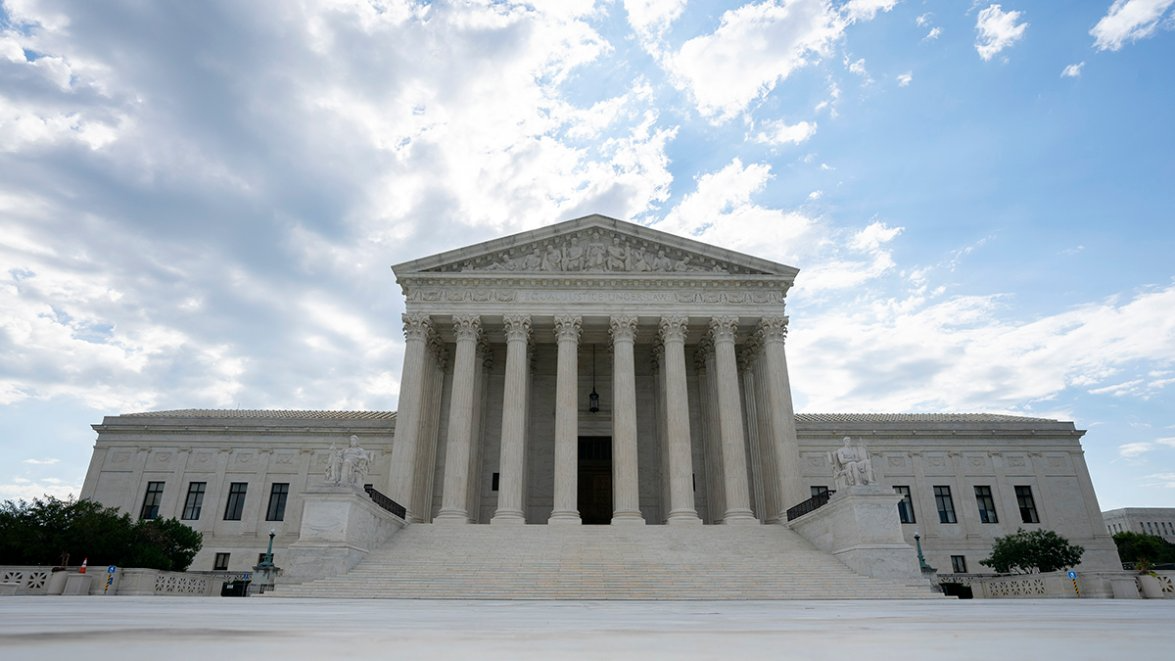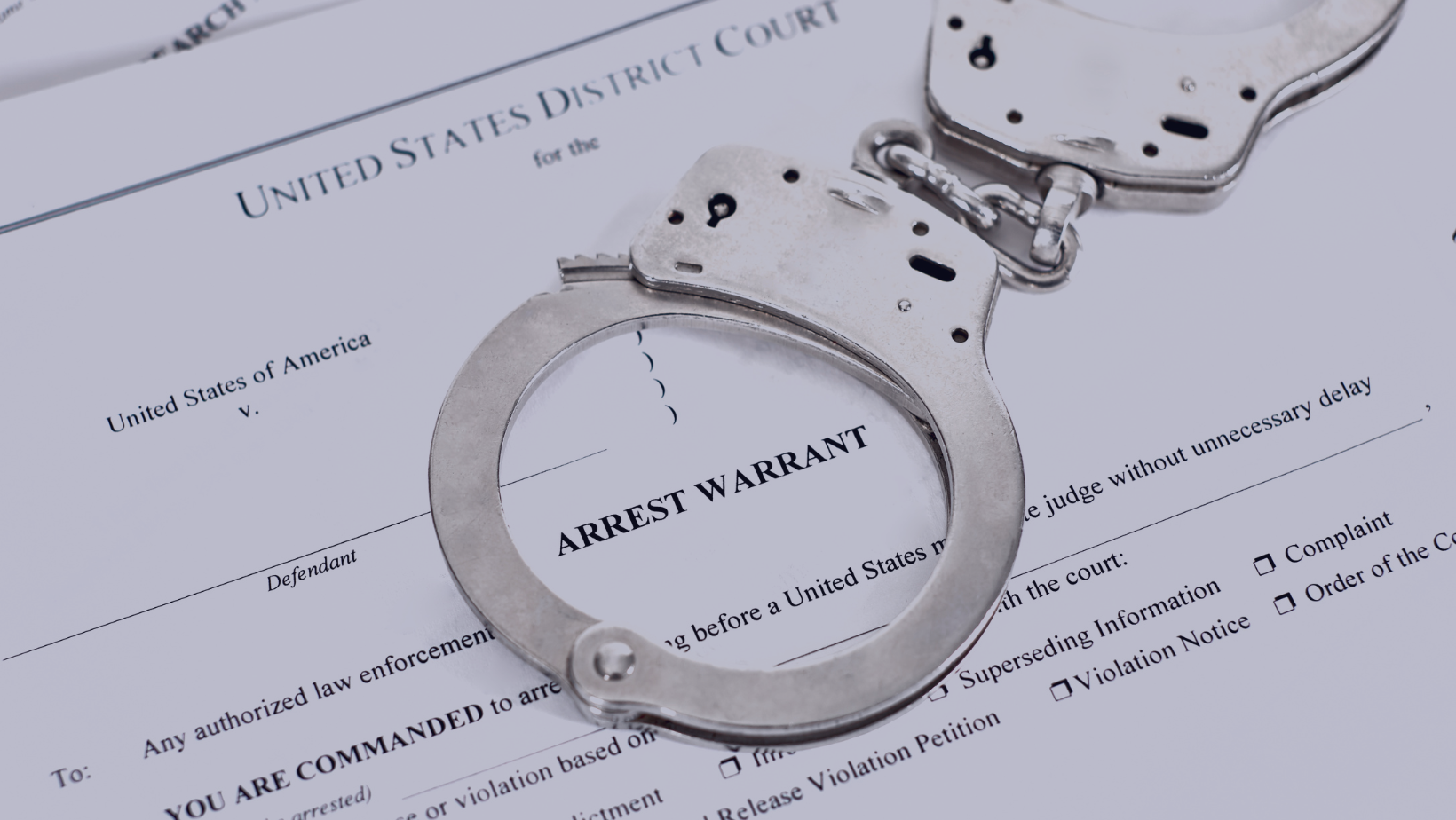An interesting case made its way through the New Jersey Supreme Court this summer and it is starting to get some national attention due to a few of the implications that have come from the decision. The case is State of New Jersey v. Steven Bookman, it was decided on August 25, 2022, and we’re going to give a brief analysis of the case, the decision and the implications.
Facts of the case:
In November, 2017, members of the New Jersey State Police were in Camden, NJ investigating a series of motorcycle thefts. In the course of the investigation, the officers received a tip that the subject of the investigation, Julian Bell, was engaging in drug dealing in front of homes in a residential neighborhood. The NJ Supreme Court noted that the officers “did not have, nor attempt to obtain” a new warrant for the alleged drug dealing. Instead, the officers relied on an outstanding traffic warrant (driving under suspension) and decided to arrest Bell on that warrant.
When attempting to take Bell into custody, he and Bookman, who were standing together outside, fled into a nearby house. NJ State Police engaged in a “hot pursuit” and followed both Bell and Bookman into the house, which belonged to a third party. Once inside, a detective with the NJ State Police discovered Bookman (who was not the subject of the traffic warrant) lying prone on the floor in one of the rooms. The detective conducted a Terry frisk of Bookman and asked about weapons. Bookman noted that he was in possession of a knife and shortly afterwards, admitted to having a gun in his jacket pocket. The detective arrested Bookman for being a prohibited person in possession of a firearm and the trial court later found Bookman guilty of the charge. Bookman was sentenced to 8 years for the charge and other aggravating factors. More details on this case can be found here: https://www.nj.com/gloucester-county/2022/08/traffic-warrant-not-enough-for-cops-to-chase-man-into-neighboring-home-nj-court-rules.html, here: https://law.justia.com/cases/new-jersey/appellate-division-unpublished/2021/a1966-18.html and here: https://law.justia.com/cases/new-jersey/supreme-court/2022/a-32-21.html .
The Appeal:
Bookman appealed the trial court’s verdict. His appeal was initially based on four main points including the jury selection process, a Miranda violation, a Terry violation, and various issues in searching a third party’s home for Bell and himself. The State’s defense to these points of appeal were the “hot pursuit” and exigent exceptions to Miranda and the Fourth Amendment requirements for a warrant, as well as the officer safety exception to Terry. The trial court’s decisions were upheld by the Superior Court of New Jersey – Appellate Division in May of 2021 and the case was then bound over for further appeal with the New Jersey Supreme Court.
The Decision:
The State Supreme Court, however, came to a different conclusion from the Appeals Court. The Court made a very clear distinction between an arrest warrant issued for major criminal activity issued by a criminal court and one that was written for a minor traffic violation issued by a municipal court. Both would have entitled the New Jersey State Police officers to arrest Bell, but the severity of the charges would alter what would have been reasonable in executing the warrant. The distinctions are:
- The time of day the traffic warrant was executed was unreasonable – 1:00 AM in a residential neighborhood. In fact, many states have limitations on when arrest and search warrants can be executed (i.e. – 7:00 AM to 7:00 PM) and require officers to request and justify why an exception should be made.
- An unreasonable number of officers were engaged in attempting to execute the warrant. Eight officers were on the team, rather than the one or two officers that may normally serve outstanding traffic warrants.
- The officers pursued Bookman who was not mentioned on the warrant nor suspected to be involved in any criminal activity at the time. He was only pursued and detained because he ran and running, in and of itself, is not reason enough to justify a “hot pursuit”.
- The officers, while engaged in an “unreasonable pursuit”, entered the home of a third party without a warrant. The court held that the officers cannot create an exception to the Fourth Amendment by the unreasonable execution of a traffic warrant.
For these reasons, The New Jersey Supreme Court suppressed the handgun found on Bookman and vacated his conviction of Second-Degree Unlawful Possession of a Handgun.
The Implications:
Even though the case only reflects New Jersey State law and legal precedent in that state, there are many implications for the Law Enforcement Community. First, there is a movement across many parts of the country in law enforcement agencies, courts and legislative bodies to restrict the time, location and manner of the execution of search and arrest warrants. The primary focus has been on the use of “no knock” warrants. Several high-profile cases, including some where the “no knock” provision was not exercised, have caused that process to come under serious scrutiny.
Courts are also beginning a trend to limit the use of exceptions, especially exigency, in the normal course of law enforcement. Riley v. California limited exceptions to accessing a suspect’s cell phone without a warrant and Missouri v. McNeely held that there is no BAC dissipation exception to requiring a warrant for a blood draw from a DUI suspect. There is no reason to expect this trend to stop anytime soon.
The courts and the general public are also demanding more transparency and oversight of police activity. This is being seen in everything from police accountability movements, increased FOIA and “sunshine law” legislation, demands in Brady/Giglio motions and more. The courts themselves must be more involved in this process as they are part of the Criminal Justice system. Their oversight helps provide the proper issuance and execution of searches and arrest and their involvement on the front end helps reduce the reliance on exceptions, especially exigency, and helps ensure convictions aren’t overturned on appeal.
FusionStak’s electronic warrant solution – CloudGavel – can help meet many of the expectations and requirements for transparency and oversight while minimizing the time and resources needed to get warrants signed by the courts. You can visit www.cloudgavel.com or email us at sales@cloudgavel.com for more information on how CloudGavel can help your agency.




